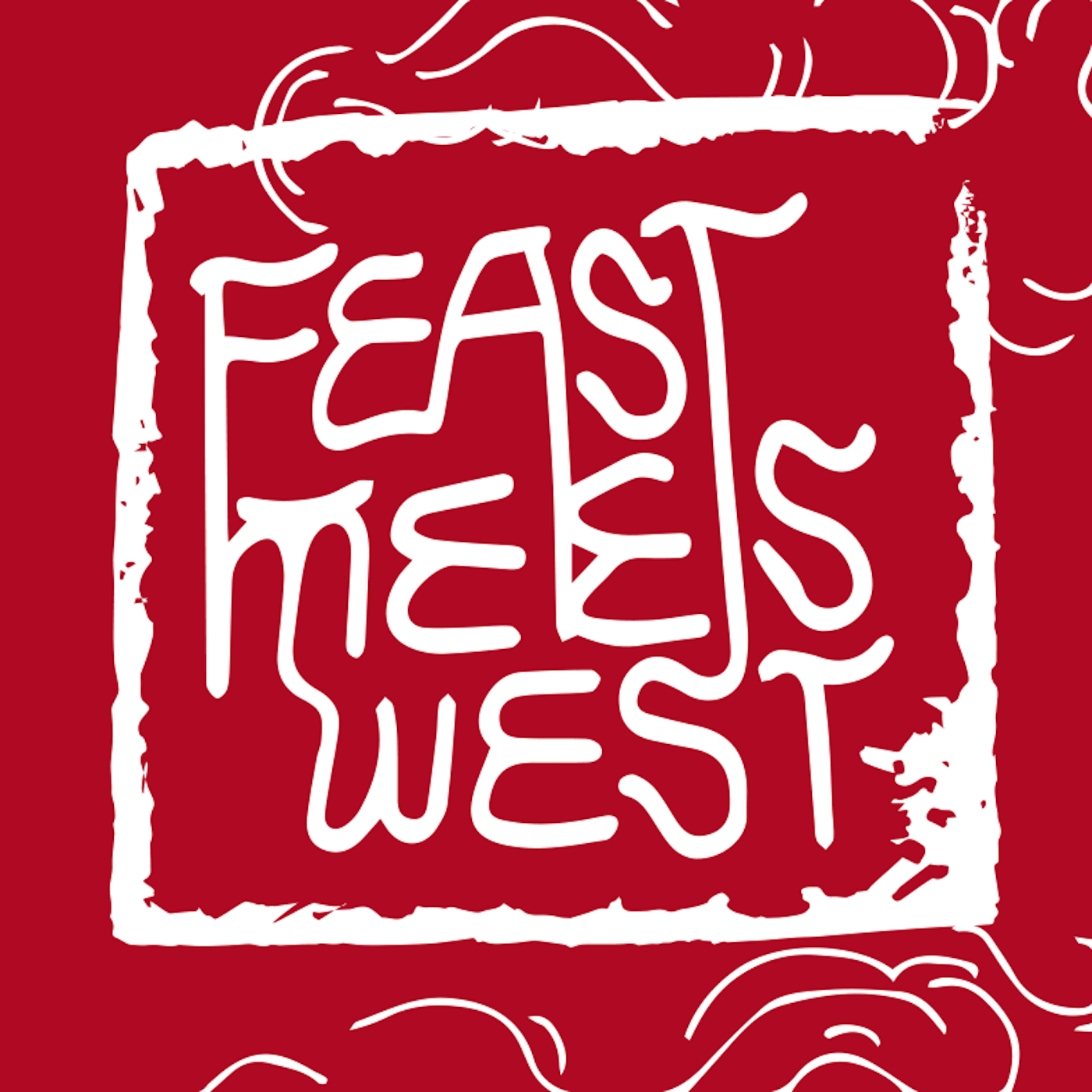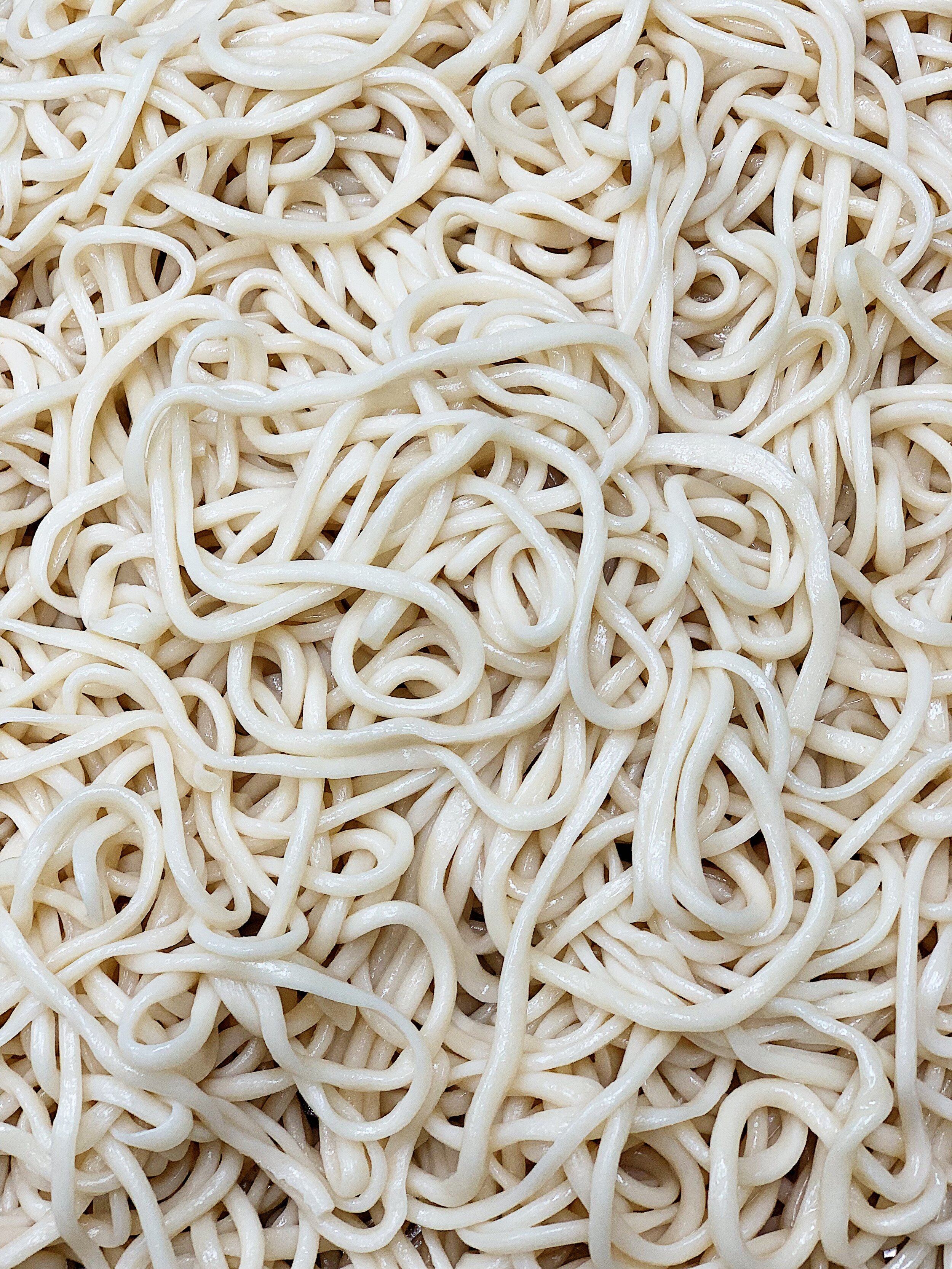Episode 73: Dungan Cuisine ft. Lagman House
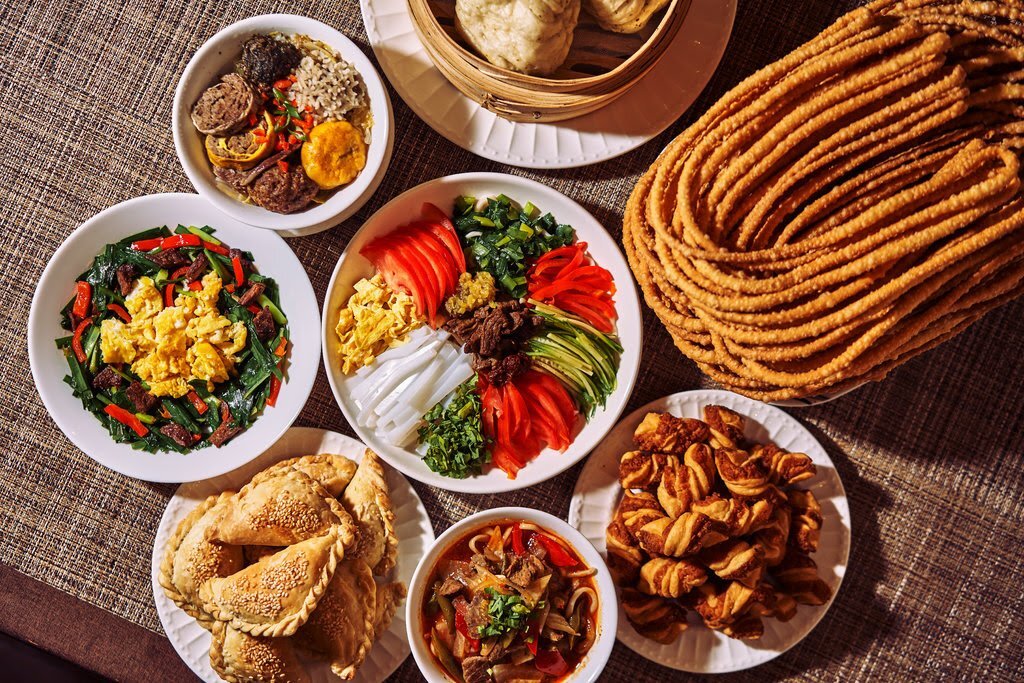
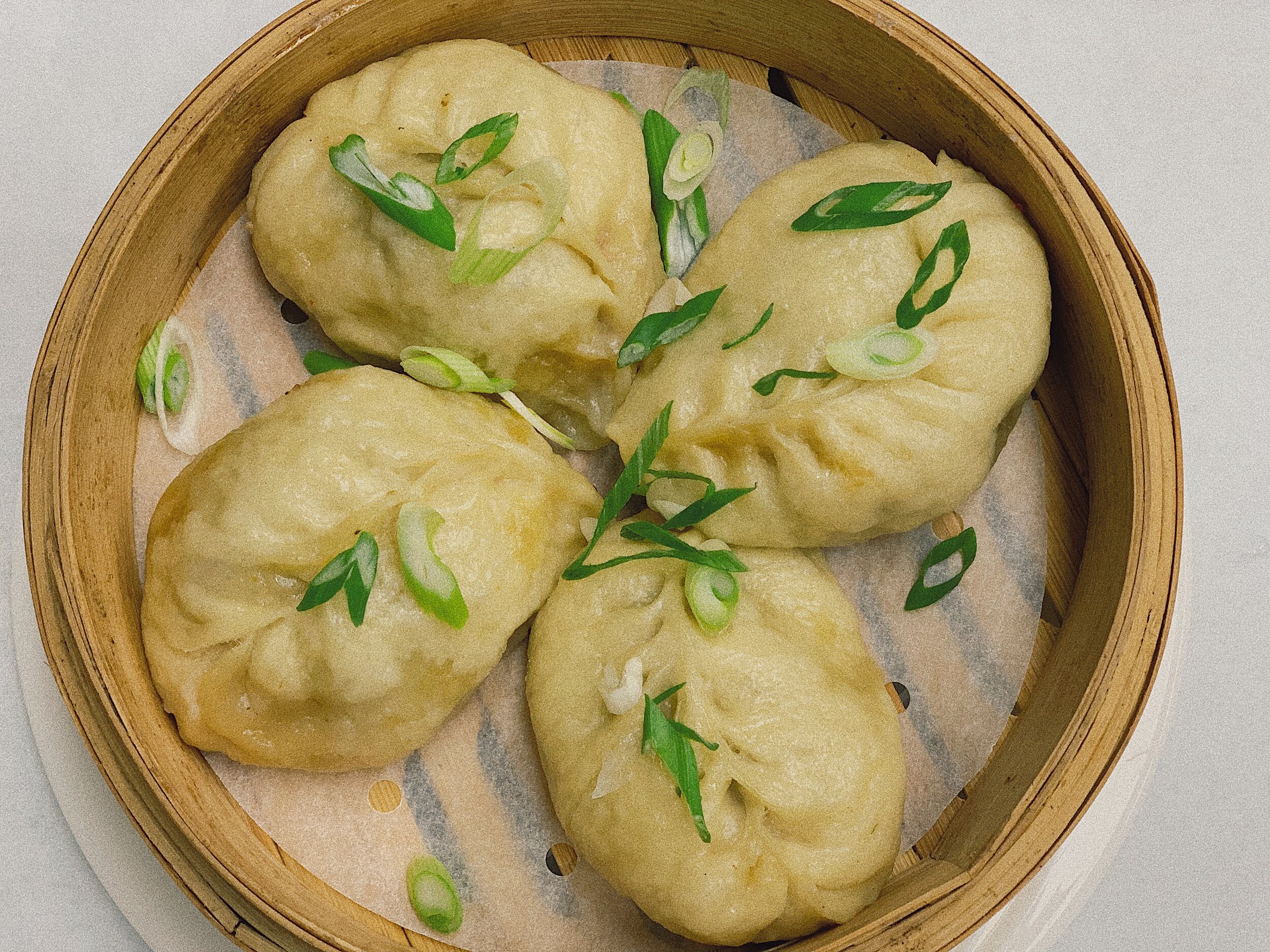
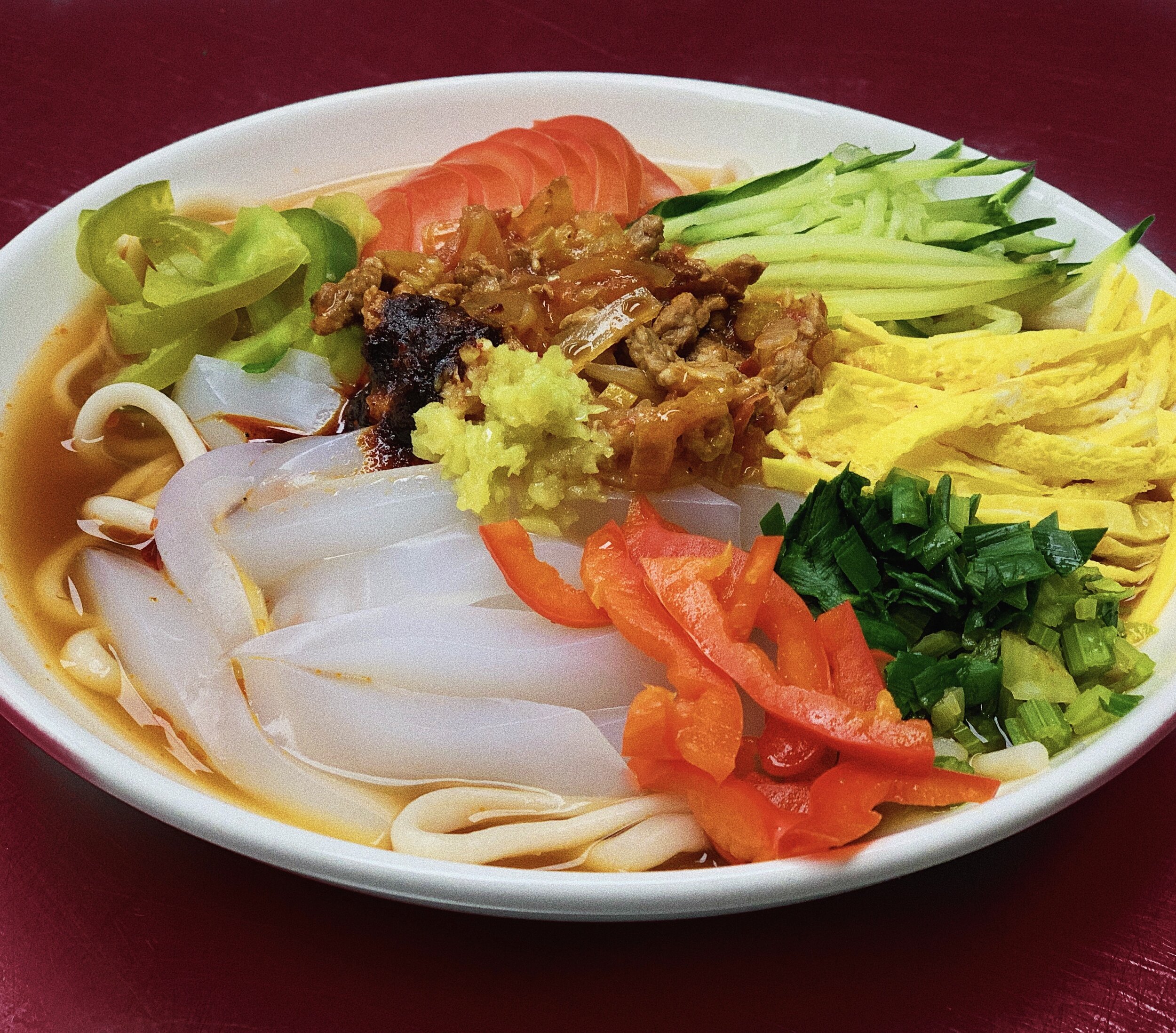
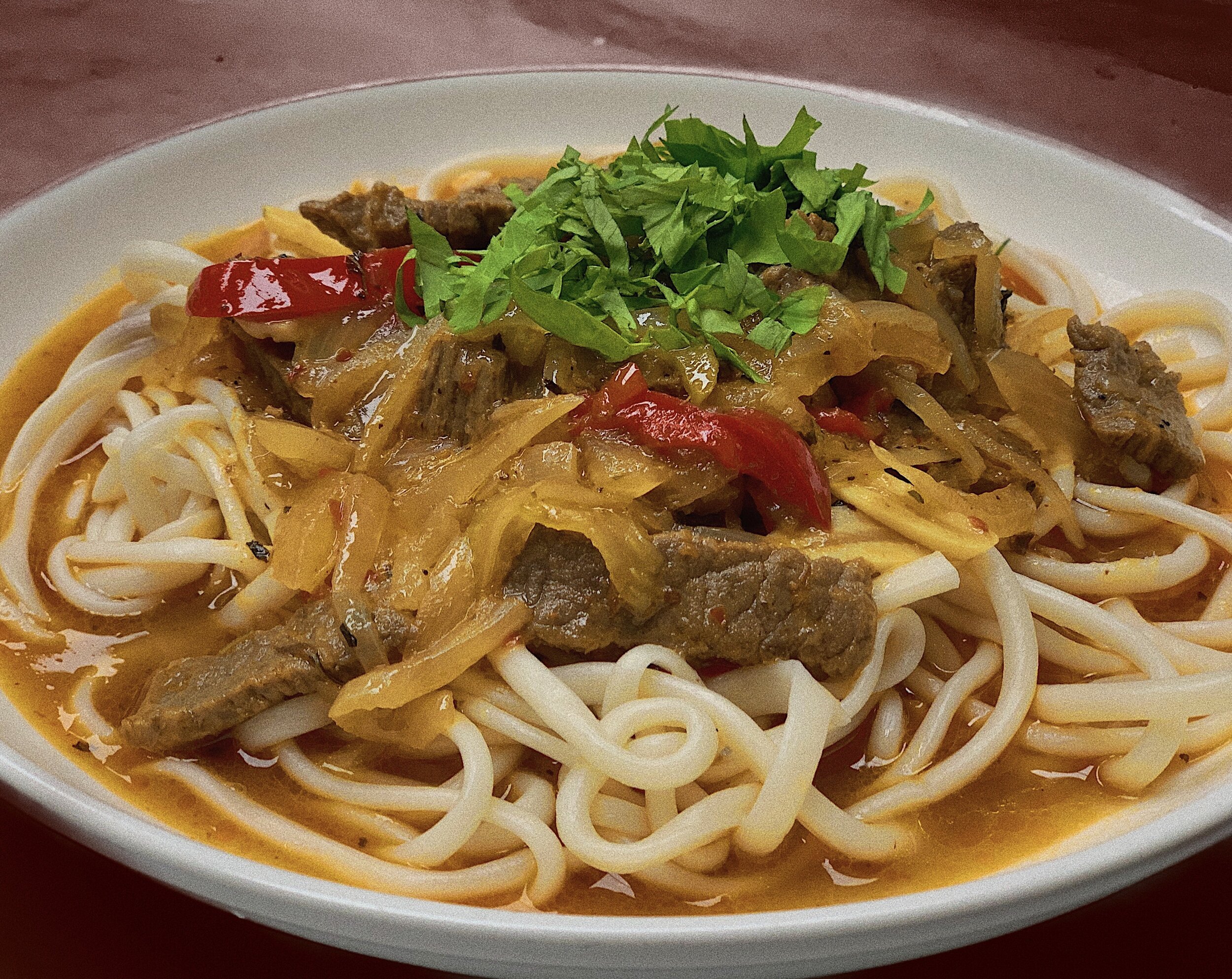
In Episode 73, Ali Azimov of Lagman House introduced us to Dungan cuisine. Ali and his family moved from Kazakhstan and settled in Sheepshead Bay, Brooklyn several years ago. While there were some hand-pulled noodle shops in their neighborhood, they noticed a gap for the specific taste they ate at home. The idea to open up a family-run restaurant centered around homestyle Dungan cuisine and to pursue the American dream as small business owners all came into fruition in the last year.
As Ligaya Mishan of the New York Times pointed out in her Hungry City article "Lagman House is likely the first and only restaurant in the city to offer the food of the Dungans -- Chinese Muslims descended from seventh-century Arab and Persian Silk Road traders who married Han Chinese. In the late 19th century, thousands of them fled China after the government’s brutal suppression of a Muslim uprising." In all the world, there are only a little over 100,000 Dungans. New Yorkers are lucky to have the Azimov family sharing their cuisine with us in Brooklyn.
Friend of the pod Doron Wong of River and Hills Hospitality Group, who you might remember from the Asian Food Mafia episode last fall, also joined us to share his first-hand experiences cooking and eating in Kazakhstan, where he consulted on a Chinese restaurant.
All of the Lagman House recipes come from head chef Gulshat Azimova, mom of the family, and were passed down from generations of women before her. The star dish is of course lagman, which are versatile hand pulled noodles that can be served hot, cold, boiled, stir fried, and with different gravies and toppings. Ms. Azimova started hand pulling noodles when she was 12. It’s a labor intensive and skilled preparation that takes 8 hours from start to finish--from kneading the dough, rolling the dough into long tubes, coiling the tubes into stacks, to hand pulling the dough that includes throwing the dough in the air and whacking it against the table to draw them out to the desired consistency.
“It’s physical and requires a lot of craftsmanship. You have to feel it. It’s not like you follow a recipe and it just comes out.”
Kazakhstan currently offers up a mixture of cuisines, including Georgian, Chinese, Dungan, and Korean. Doron and Ali agree that Almaty, Kazakhstan is starting to see a burgeoning food scene. However in his quest to deliver a Cantonese inspired menu, Doron found that sourcing ingredients that we take for granted like soy sauce and red/black vinegar, and the lack of consistency in the product from one week to the next made his job a real challenge. He had to make plenty of substitutions and even experimented with horse meat.
While horse won’t be making it to the States, Doron and Ali discussed a few popular snacks from Kazakhstan they wish we had here including kurt, which are small, hard white cheese balls made from fermented milk, airan, a diluted yogurt drink, and doner kebab wrapped in lavash bread and pressed in a panini.
Ali mentioned that as they continue experimenting with new dishes for their menu with spices and ingredients that they didn’t have access to back in Kazakhstan, they’re actively thinking about how they can preserve their cultures and traditions while adapting to the tastes and demands of their Brooklyn community.
